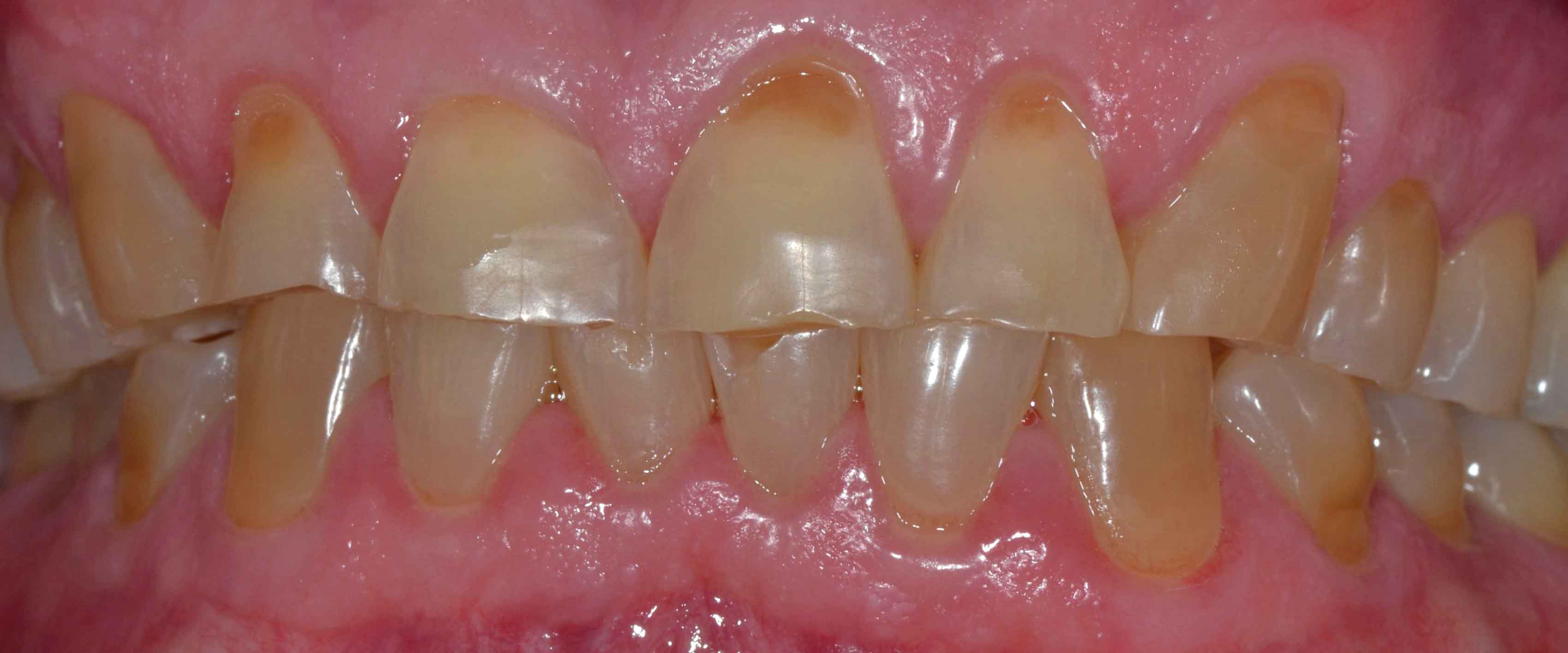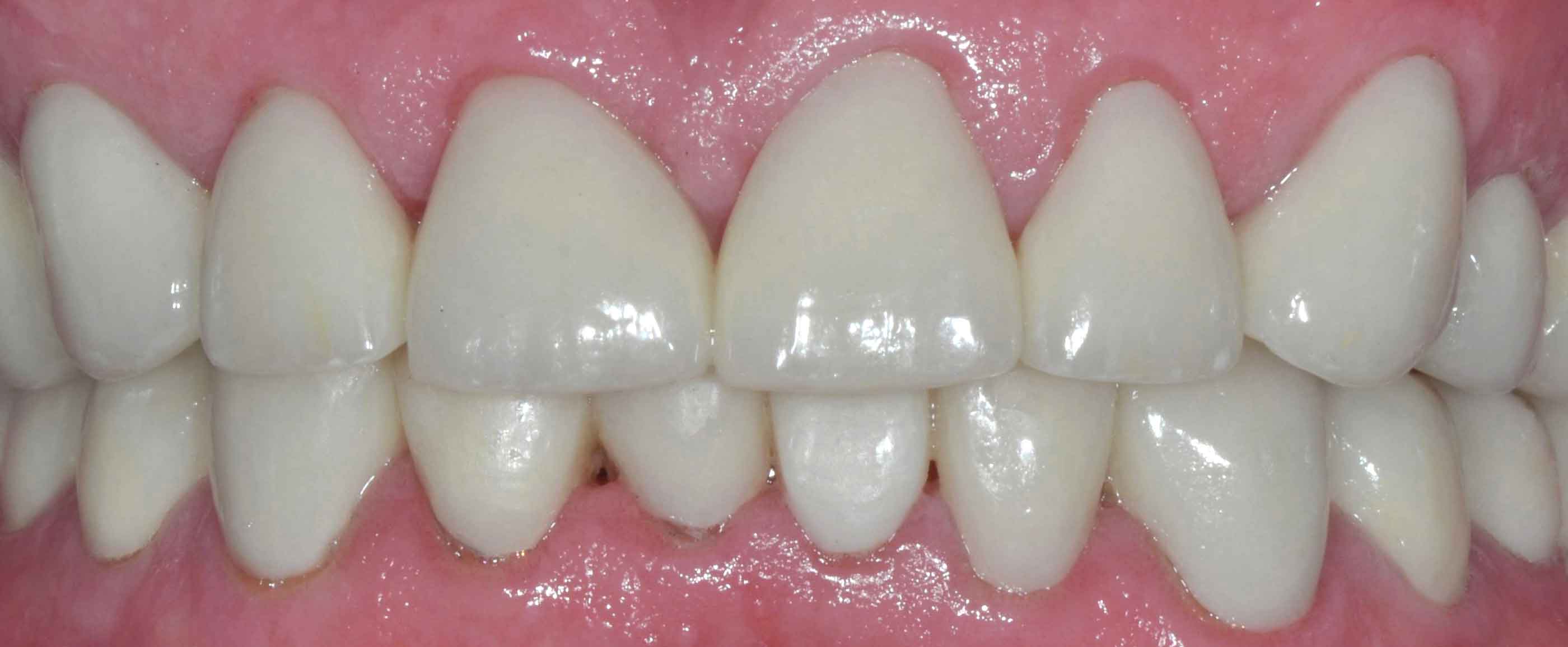To Buy Priligy Online Visit Our Pharmacy ↓
 The Science Behind Priligy: Unraveling Its Mechanism of Action
The Science Behind Priligy: Unraveling Its Mechanism of Action
Neurotransmitter regulation plays a crucial role in the occurrence of premature ejaculation (PE). Several neurotransmitters have been implicated in the pathophysiology of PE, including serotonin, dopamine, and norepinephrine. Serotonin, in particular, has been extensively studied due to its involvement in ejaculatory control. Priligy, a medication approved for the treatment of PE, specifically targets serotonin to regulate its levels in the brain. By inhibiting the reuptake of serotonin, Priligy increases its availability in the synaptic cleft. This leads to enhanced serotonin signaling, which in turn helps to prolong ejaculation latency time. The precise mechanism by which Priligy exerts its effects on neurotransmitter regulation is still being elucidated, but its ability to modulate serotonin levels has proven effective in managing PE. Further research is ongoing to better understand the neurochemical processes involved and optimize the treatment outcomes for individuals with PE.
Selective Serotonin Reuptake Inhibition.
Selective serotonin reuptake inhibition (SSRI) is a key element in understanding the mechanism of action of Priligy. Priligy, a brand name for the active ingredient dapoxetine, is a medication specifically developed for the treatment of premature ejaculation. SSRI refers to the ability of Priligy to inhibit the reuptake of serotonin, a neurotransmitter in the brain. By inhibiting serotonin reuptake, Priligy increases the levels of serotonin in the synaptic cleft, which leads to heightened serotonin signaling. This enhanced serotonin signaling is believed to exert the therapeutic effect of delaying ejaculation, ultimately prolonging the ejaculatory latency time. The mechanism behind this lies in serotonin's role in modulating the ejaculatory reflex. Serotonin regulates various aspects of male sexual function, and the increased synaptic levels achieved through SSRI inhibition help to modulate and prolong the ejaculatory process.
Impact on Ejaculatory Latency Time.
Selective serotonin reuptake inhibitors (SSRIs), such as Priligy, have been shown to have a significant impact on ejaculatory latency time in individuals with premature ejaculation (PE). PE is a common sexual disorder characterized by the inability to delay ejaculation, resulting in distress and dissatisfaction. Priligy works by increasing the levels of serotonin in the brain, which in turn regulates the neurotransmitter signaling involved in the ejaculatory process. By inhibiting the reuptake of serotonin, Priligy prolongs the action of this neurotransmitter, leading to a delay in ejaculation. Studies have demonstrated that Priligy can effectively increase ejaculatory latency time, allowing individuals with PE to have more control over their sexual experiences. This mechanism of action makes Priligy a promising treatment option for those seeking to address the symptoms of premature ejaculation.
Role of 5-ht1a Receptors.
5-HT1A receptors play a crucial role in the mechanism of action of Priligy. Priligy, also known as dapoxetine, is a selective serotonin reuptake inhibitor (SSRI) primarily used to treat premature ejaculation. By targeting the 5-HT1A receptors, Priligy regulates the levels of serotonin, a neurotransmitter involved in the regulation of ejaculation. Activation of the 5-HT1A receptors by Priligy inhibits neuronal firing, leading to an increased serotonin concentration in the synaptic cleft. This, in turn, helps to delay ejaculation and extend ejaculatory latency time. By modulating the activity of these receptors, Priligy helps to improve ejaculatory control and effectively treat premature ejaculation. Understanding the role of 5-HT1A receptors provides valuable insights into the neuropharmacological effects of Priligy and its potential for managing premature ejaculation.
Neuropharmacological Effects on Ejaculation.
The neuropharmacological effects of Priligy on ejaculation have been widely studied. Priligy, also known by its generic name dapoxetine, is a selective serotonin reuptake inhibitor (SSRI) that has been specifically developed to treat premature ejaculation. It works by regulating neurotransmitters in the brain, particularly serotonin. Serotonin plays a crucial role in controlling ejaculatory response and decreasing its levels can help delay ejaculation. Priligy increases the concentration of serotonin in the synaptic cleft, which in turn stimulates the 5-HT1A receptors. Activation of these receptors further modulates serotonin release and promotes ejaculation control. Through its neuropharmacological effects, Priligy has demonstrated significant efficacy in increasing ejaculatory latency time and improving overall sexual satisfaction in men with premature ejaculation.
Clinical Trials and Efficacy.
Priligy, also known as dapoxetine, is a medication primarily used for the treatment of premature ejaculation (PE). Its neuropharmacological effects on ejaculation involve the modulation of various neurotransmitters in the brain. Priligy acts as a selective serotonin reuptake inhibitor (SSRI), increasing the levels of serotonin in the synaptic cleft. This inhibition leads to an enhanced transmission of serotonin signals, resulting in a delay in ejaculation. By targeting the brain's serotonin-regulating pathways, Priligy effectively modulates the ejaculatory process. It influences the ejaculatory latency time, providing individuals with better control over their ejaculation. Additionally, Priligy affects the 5-HT1A receptors, further contributing to its efficacy in the treatment of PE. Overall, the neuropharmacological effects of Priligy play a crucial role in unraveling the mechanism of action behind its successful treatment of premature ejaculation.
https://blackmenheal.org/wp-includes/sitemaps/providers/php/desyrel.html http://www.bethesdahouseofmercy.org/images/photoalbum/jpg/desyrel.html https://www.clerkenwellislingtonclinics.co.uk/wp-includes/sitemaps/providers/php/metformin.html




